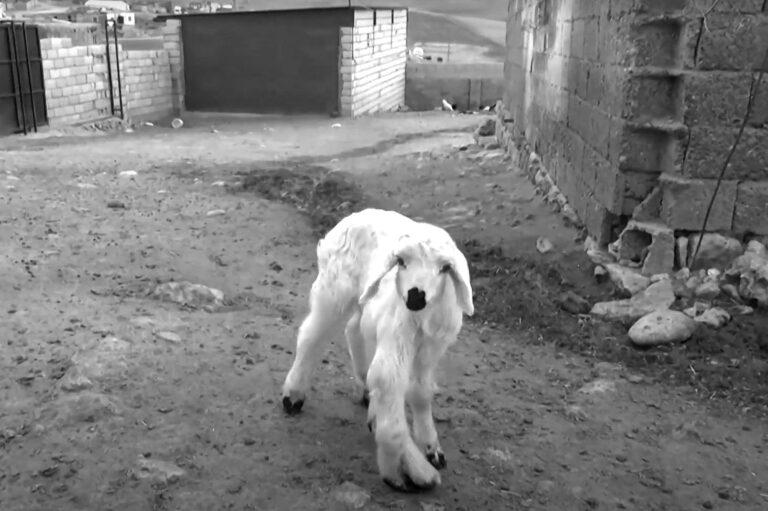By Elijah Hagler
Scientists inspired by traditional folk remedies in Italy have developed a new molecule that neutralises the drug-resistant disease, MRSA.
Researchers from Emory University in Atlanta, Georgia, went back to old texts from southern Italy which praised the ability of the chestnut leaf to cure various ailments and infections.
The team isolated a molecule which was shown to deactivate MRSA, a bacterial superbug which is resistant to antibiotics.
Associate professor Cassandra Quave said her team had decided to investigate the effectiveness of the chestnut leaf after having heard folkloric tales from southern Italy on its ability to stop disease and infection. They isolated a molecule, which appears in tiny quantities in the leaves, and discovered it really did have healing powers.
“Unlike antibiotics, which kill or slow down the growth of MRSA, this compound works by blocking the bacteria’s ability to communicate with each other, so they can’t co-ordinate actions like toxin production,” said professor Quave. “So, in the presence of this molecule, MRSA is basically rendered ineffective in creating toxins that would degrade body tissue and lead to infections.”
She added, “This will open doors for future discovery to improve upon this molecule to help fuel drug development and so have more options to treat MRSA.”
The research started more than a decade ago, when her team heard old folk stories about the magical healing power of the sweet chestnut tree in southern Italy. They conducted hundreds of interviews with locals and documented old medical texts, including how to make a poultice, an ointment or mixture put on a cloth and pressed to the skin.
“In traditional Italian medicine, a compress of the boiled leaves is applied to the skin to treat burns, raises and wounds,” said Professor Quave.
The team have been working since then on isolating the effective molecule and have now discovered the most active molecule, which they have called Castaneroxy A, in blocking MRSA.
The goal, said Professor Quuave, was to find ways to weaken lethal microbes, rather than kill them, to allow the immune system or antibiotics to destroy an infection.
Antibiotics work by killing bacteria but that can sometimes lead to greater resistance among the few bacteria which survive. MRSA is one of the most serious infectious diseases in the world. Professor Quave said that there were around 700,000 deaths worldwide each year from such microbial infections, with that figure expected to rise to 10 million by 2050.




